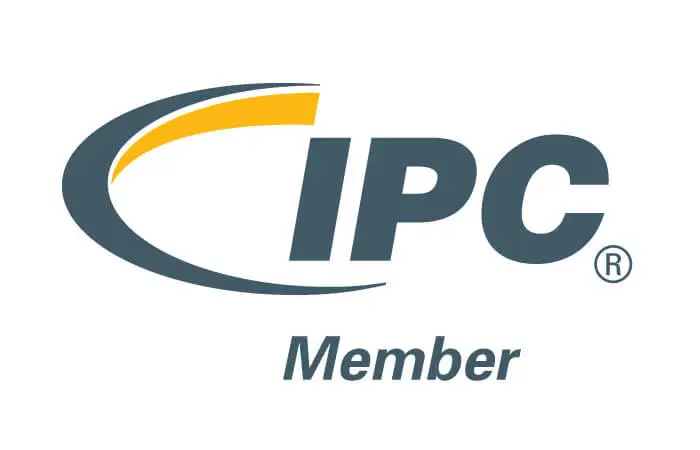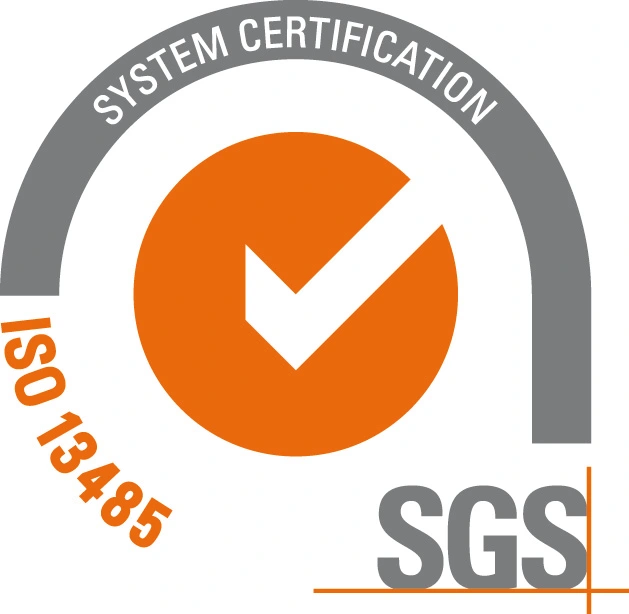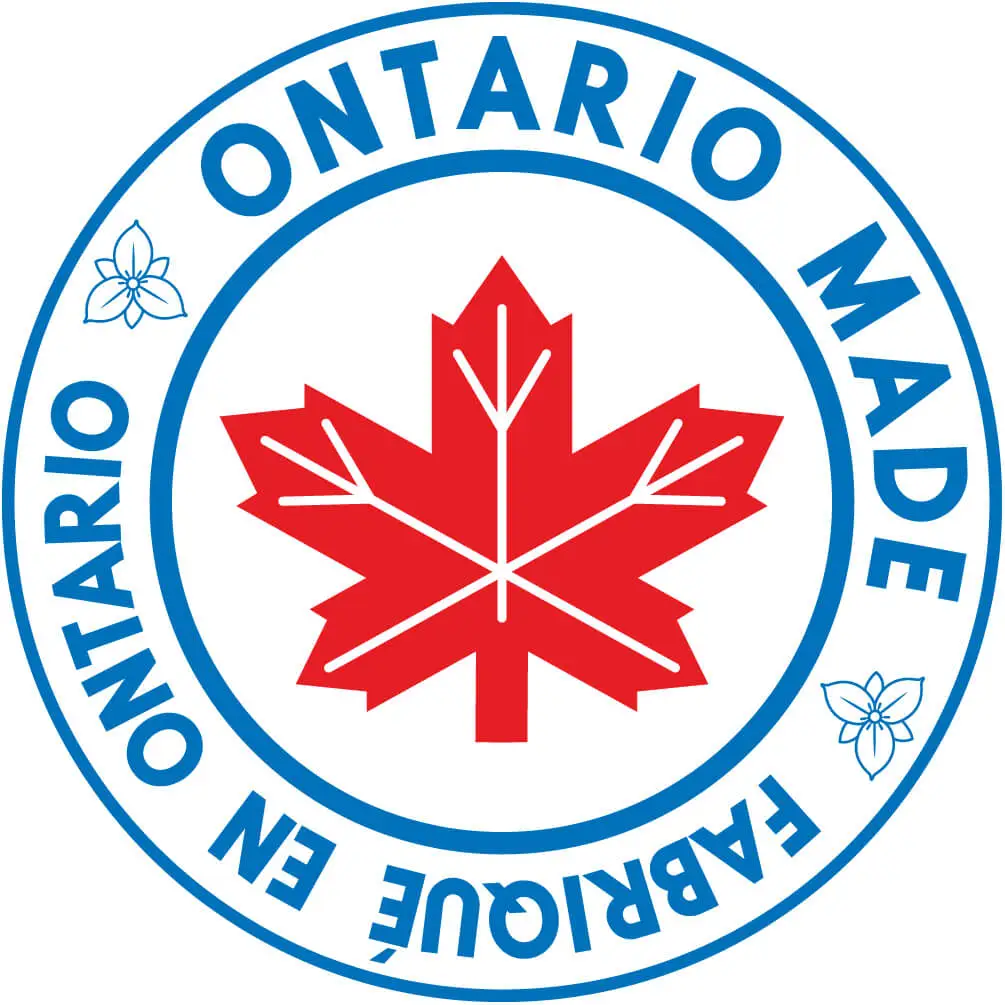TURN-KEY PCB ASSEMBLY: BITTELE ELECTRONICS
PCB MANUFACTURING AND ASSEMBLY
Full Turn-Key PCB Manufacturer
You can quickly get quotes and order PCB fabrication and assembly using our online system. Take advantage of exclusive automatic discounts with our tool. Our BOM pricing tool ensures you receive the lowest price for your order.
START A TURN-KEY PCB ORDER
The Advantages of Design for Manufacturability
Design for Manufacturability (DFM) is an approach to fabricating and manufacturing printed circuit boards (PCBs) that reduces costs and makes PCB manufacturing a seamless process by applying a set of rules for the PCB designer to follow such that the typical PCB manufacturing processes, equipment, requirements and limitations are considered in the design.
Problems with PCB Designs That Do Not Consider Manufacturability
Not all the specified PCB components and materials are available at the time a PCB order is placed. This frequently happens because there are many different types of PCBs such as flex, hi speed, radio frequency, hi temperature and RoHs, and all of them use different types of parts. In addition, component manufacturers may produce the same PCB parts with different specifications. It is important to confer with a PCB supplier to verify which specified parts are available, as well as what parts could be used as replacements. Without considering the procurement of PCB parts, lead times can be unnecessarily long. The optimal approach is to choose components that match the requirements of a PCB design and are readily available.
Target impedance or stack up can vary due to the manufacturing tolerances of a specific PCB manufacturer. You should verify a target impedance with your PCB supplier because adjustments may need to be made to the PCB due to manufacturing tolerances. It is important to note that specially ordered materials can cause the total cost of manufacturing to increase with a corresponding increase in delivery times. It is always a good idea to discuss stack up concerns with your PCB supplier prior to finalizing your design.
When printed circuit boards are designed with plane and signal layers that have the same specification, what usually results is an unnecessarily complex design that creates yield issues, which can increase the cost of PCB fabrication.
When data files are exported to a PCB manufacturer, the data transmission can be corrupted or contain errors. To verify the PCB design contains no errors, an IPC-356A net list is required. This net list enables your supplier to check the Gerber files against the CAD database. If you do not have IPC-356A Net List, an important quality check cannot be conducted.
Related Articles:
Please briefly describe the information you are seeking in the search bar below.






 English
English